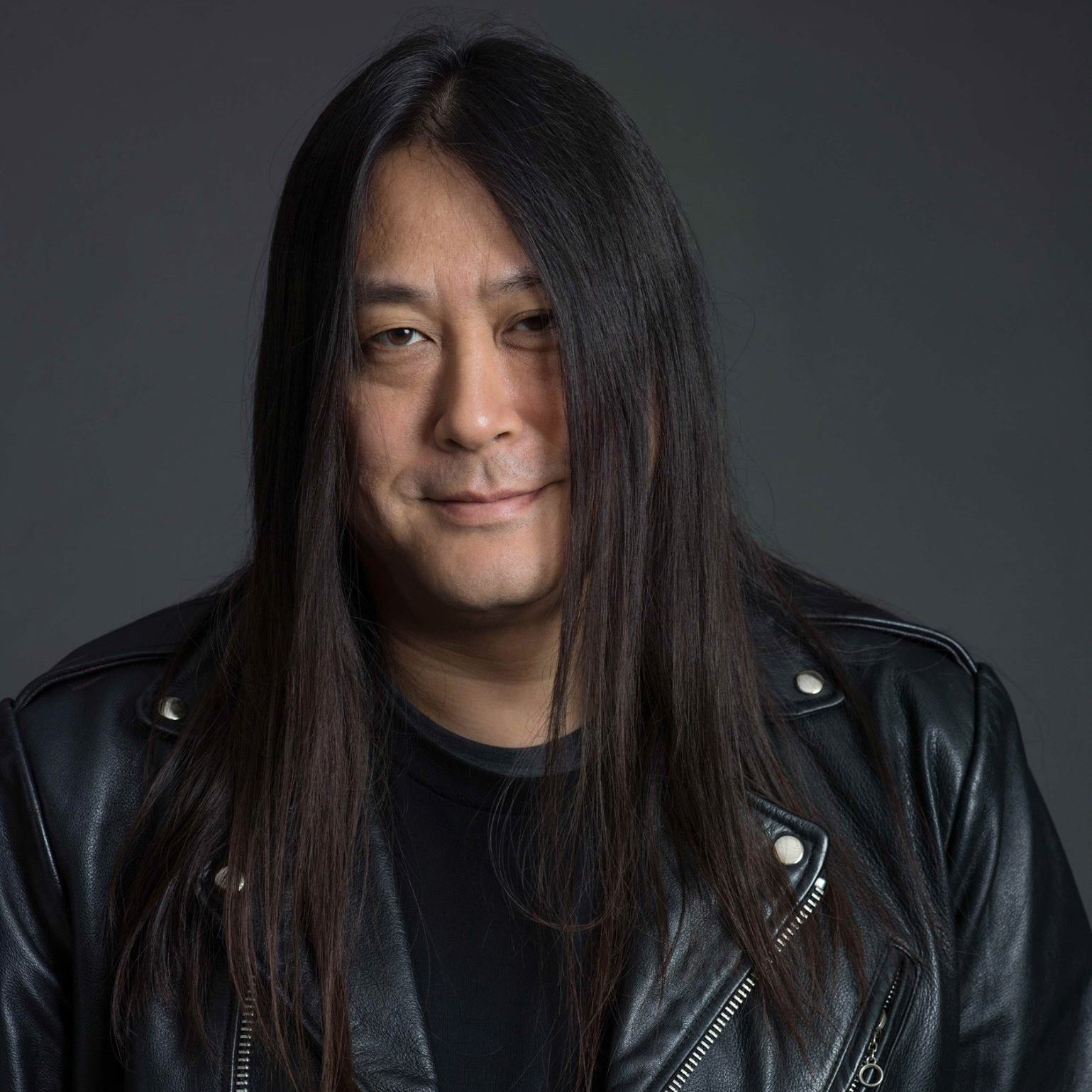A man that needs no introduction: Kaiser Kuo, a former Beijing resident, host of the ever-popular Sinica podcast and one of the founding fathers of Chinese heavy metal, with bands Tang Dynasty and Spring and Autumn. In June, we caught up with Kuo to chat about the history of metal in China and the state of the genre today.
How did metal make its way to China?
The genesis of metal was in ’80s Beijing, and I think it came from long-term exposure to foreigners who were in China at the time; usually either the children of diplomats and journalists, or the journalists themselves. They had CD collections and made Chinese friends, who taped those CDs and started passing them around.
In 1988, the metal scene was just a handful of people and the music they listened to was only as hard as Judas Priest and Iron Maiden. In the early ’90s, this phenomenon of dakou dai started, and suddenly all of this very obscure stuff was available. Dakou worked like this: These were remainder items from inventories of record companies that had cut these arts or recordings from their catalog. They’d ‘destroy’ them by drilling a hole in the CD, but then the albums would be hauled off to South America, Eastern Europe or East Asia, where they’d be sold on the street for RMB10.
By ’91 or ’92, you could find stuff by Cannibal Corpse and a lot of really vicious thrash. In ’93 or ’94, the strangest thing happened, you could find this music from Scandinavia making its way into China. And by ’95, companies began pressing their own counterfeit CDs, full albums with the full liner notes with all the lyrics and everything.
If you ask anyone what made the ground fertile for metal in China, though, it was Tang Dynasty – the first metal band [in China].

Image via Kaiser Kuo/Facebook
How were Beyond and Cui Jian, who arguably opened up the doors for rock music, perceived by your bandmates and yourself in ’90s China?
Cui Jian was already a thing by ’86, he is definitely the progenitor of rock music on the mainland. He is a once-in-a-lifetime kind of genius, one of those people who the political elements in the music are actually authentic to – and it just so happens he has an earthy voice and great songwriting ability. We all loved him; all the guys I was in Tang Dynasty with played his stuff and knew his songs very well. We all went to his shows, I went to so many of his shows in the late ’80s and early ’90s.
Beyond had a big influence too, but I’d say by the early ’90s the people playing metal had all left that behind – it just didn’t have enough edge to it.
Chinese metal bands like Tang Dynasty once played to sold-out stadiums, but that doesn’t seem to be happening nowadays. In Western nations, bands like Metallica and Iron Maiden still regularly fill stadiums. What happened in China?
It’s not everyone’s cup of tea. A lot of people like instant coffee and have trouble with espresso, which is what metal is. In China, I think that harder rock had a moment where it could have shaped the aesthetic of a lot of young people, but the musicians mostly dropped the ball. They failed to connect for some reason. Most of it, I think, is that there weren’t enough talented bands to go the distance – they all had one album’s worth of good stuff in them and that was it. That was the main problem: They met with success way too easily, there wasn’t a ferocious level of competition. The bands that made it in the States, they had to put up flyers, open for shitty bands, write hundreds of songs, doing nothing but devoting themselves to being really, really good – that’s not what happened with the bands in China.
The bar was too low [in China], and this catapulted three or four really decent bands to the forefront and they blocked the road. The other bands could never get past the fame that bands like Tang Dynasty, Black Panther and Overload had achieved.
At this stage of China’s economic development, people work very hard and are very focused on earning and saving money and getting ahead in life. When this happens, music generally gets allocated to the realm of entertainment, rather than art. People that are passionate about metal don’t regard it as mere entertainment, they are passionate about it because they regard it as an art form.
This interview has been edited for clarity and brevity.
[Cover image provided by Kaiser Kuo]





















0 User Comments